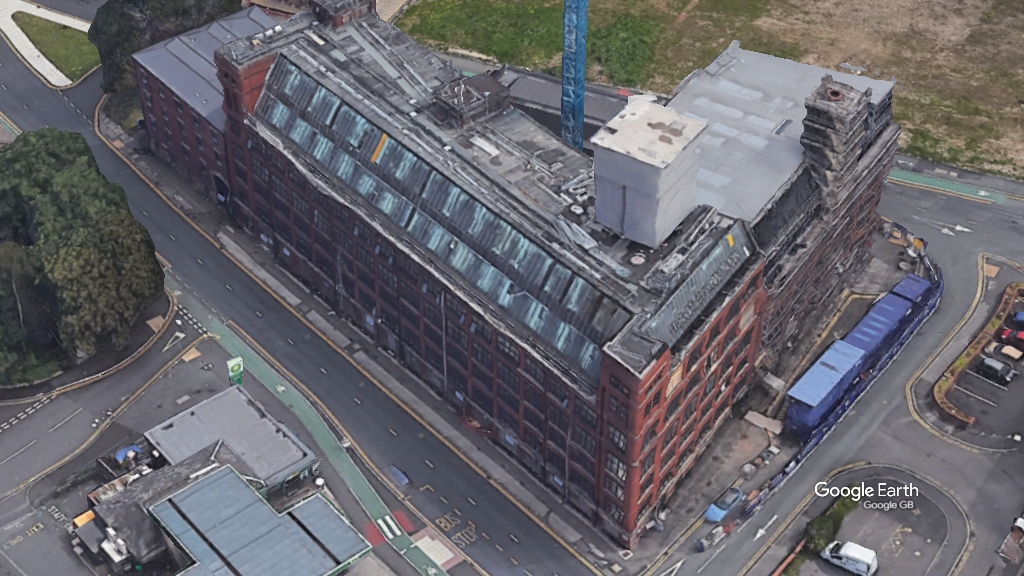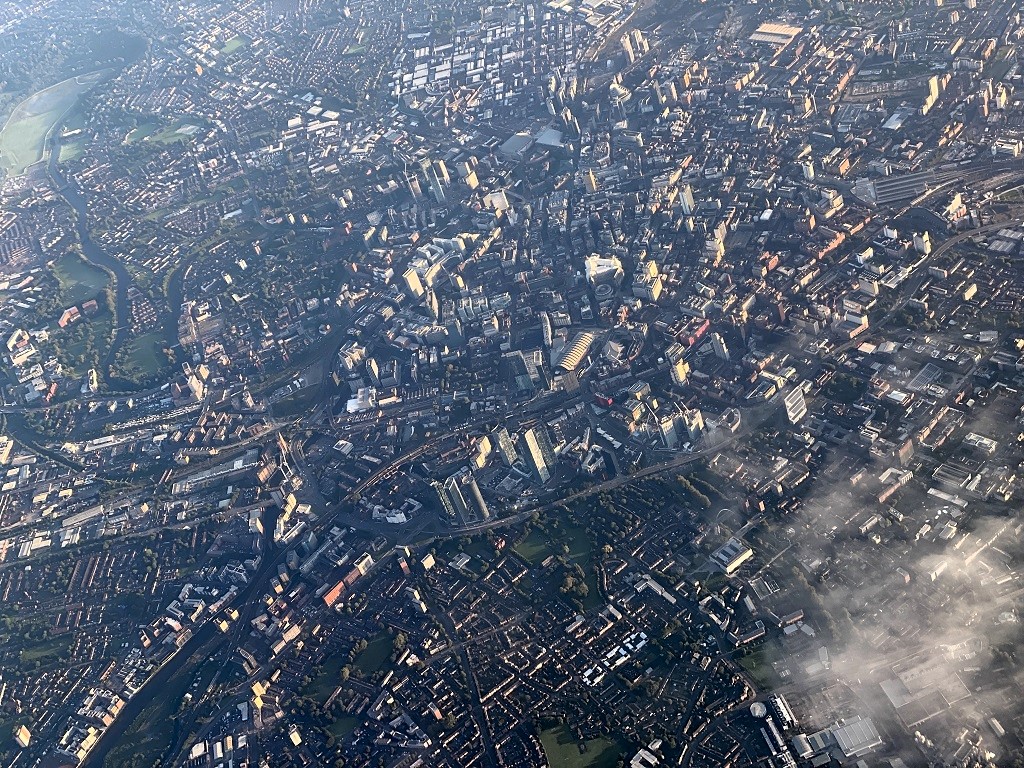LSH: Investment activity plummets in North West
The total value of commercial property investment transactions across the North West fell to £118.9m in the second quarter of 2011 from £1.79bn in Q1, according to Lambert Smith Hampton.
Within its UK Investment Transactions Q2 2011 report, covering the three months ending June, LSH said investment transactions fell back by 93.3% from the previous quarter across the region.
However, with the omission of Peel Holdings' £1.6bn sale of the Trafford Centre to Capital Shopping Centres in January, LSH said the figure is reduced significantly, to just under 40%.
LSH said significant deals to take place during Q2 included:
- Orchard Street Investment Management's acquisition of Market Walk Shopping Centre in Chorley from RREEF UK Retail Property for £22.2m, reflecting a net initial yield of 7.5%
- Royal London Mutual Insurance Society's acquisition of two retail units on Eastgate Street in Chester from Scottish Widows Unit Funds for £12.35m, reflecting a net initial yield of 4.67%
- Kenyan-based Sameer Group's acquisition of the Barclays call centre in Wavertree, Liverpool, for £10.45m, reflecting a net yield of 7.75%
Of the total value of transactions, LSH said 20% was from UK private companies, while UK institutions committed £48m; a 40% market share for the second quarter of the year.
Despite last quarter's figures being skewed by the Trafford Centre deal, LSH said the retail and leisure sector remained the most sought after asset class across the region, accounting for 54% of total activity.
Nick Davies, head of valuation at LSH Manchester, said: "Outside the South East the recovery remains slow although there are improvements in yields for food and retail warehousing in the North West and the regions."
Focusing on the UK as a whole, the long awaited disposal of distressed assets is becoming more prevalent. The report recorded £6.6bn worth of investment transactions in quarter two, of which just below £1bn were distressed. This could herald an increase in sales, a trend which has been anticipated for some time, LSH said.
Commenting on why the release of distressed assets is occurring now, Ezra Nahome, chief executive of LSH, said: "Banks have been consistently reducing their exposure through consensual sales. We see this continuing. However, there was an uptick of receivership disposals in Q2 and we anticipate this will be an increasing occurrence over the next 12 months. The banks have focused considerable resource at their loan book and given they have their 'arms around the problem' decisions are definitely being taken to sell.
"Of the distressed assets sold in this quarter more than half were located in the regions, with the remainder in London and the South East. However, this does not tell the whole story, as the deals in London account for 90% of the total in terms of the value of the properties sold. For example the largest deal done was the sale of an office in the City of London to a Malaysian family for £228m, reflecting a net initial yield of 5.45%.
"As the year progresses I anticipate that some attractive opportunities, particularly in the regions outside Central London and the South East, will emerge as more distressed assets are released into the market in the second half of the year."



